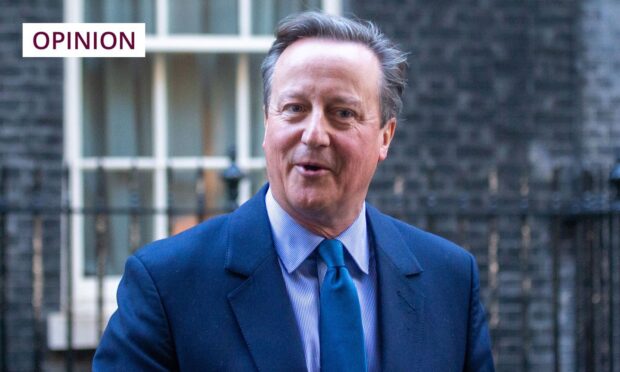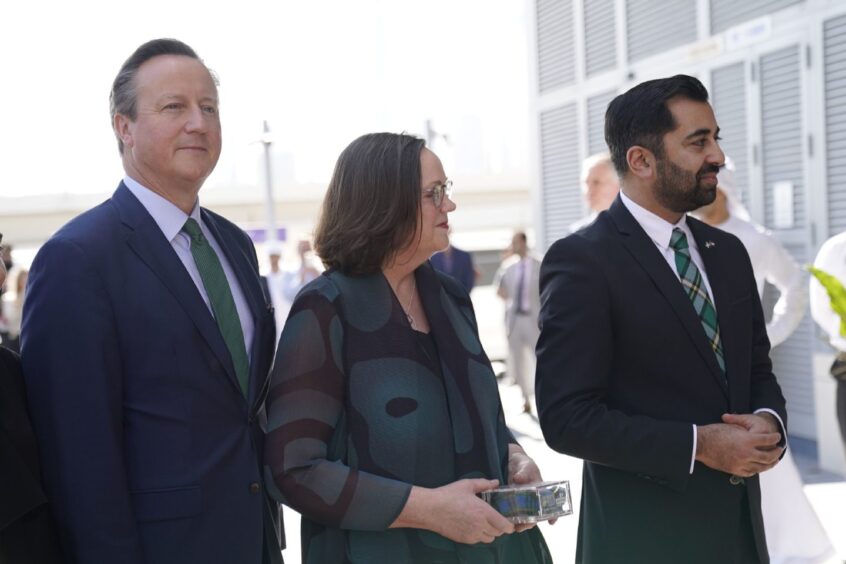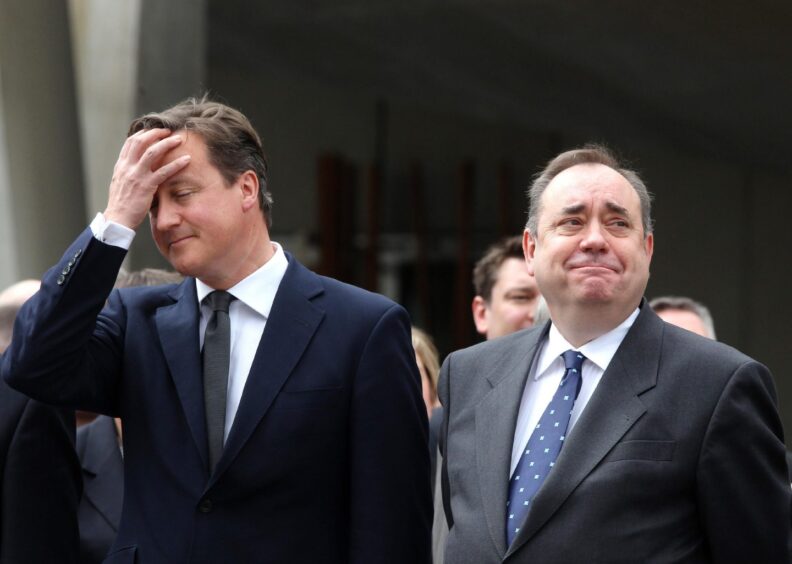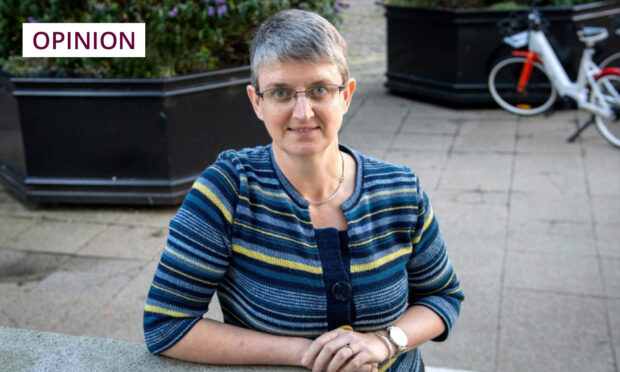It’s nearly Christmas. A political fall out was always inevitable.
But rather than something interesting or of substance, just weeks into his new job as foreign secretary, David Cameron has instead chosen to start a very public spat over inter-government protocol.
In a written rebuke, he took First Minister Humza Yousaf to task for failing to have a foreign office official present as he met Turkish president Recep Tayyip Erdoğan at the Cop28 climate summit in Dubai.
Mr Yousaf insists the meeting was hastily arranged, with diary changes at the last moment making it impossible to have a UK official present before the bilateral took place.
The details of the row will understandably seem of little importance in the real world, but they show a fundamental shift in cross-UK relations.
It also highlights one of the risks for Prime Minister Rishi Sunak in bringing one of his predecessors back to government, with inevitable comparisons between the two.
What feels like a lifetime ago, when David Cameron occupied 10 Downing Street and former first minister Alex Salmond led the Scottish Government, such an issue would have been dealt with quite differently, according to those present.
As one source told me this week: “These issues are inevitable, but when he was prime minister [David] Cameron never took this sort of public telling off approach that the current government has taken repeatedly.”
Another who was present during the Salmond/Cameron years says the public approach comes across as an overreaction.
Mr Cameron’s threat to close the Scottish Government’s international offices in response to the diplomatic faux pas seemed especially petulant coming as a report was published demonstrating the value of these offices.
Rather than weakening the UK, it showed how skilled Scottish diplomats had attracted US firms to bring high-paying tech jobs to Ayrshire, and how a team in Canada helped to increase exports for Scottish distilleries.
This says nothing of the soft-power value gained simply by bringing two leaders together, or in the first minister’s wife, Dundee councillor Nadia El-Nakla, being invited to an international summit of leaders’ spouses on Gaza.
Far from strengthening the position of the UK Government, Mr Cameron’s public approach reveals weakness.
David Cameron returns to much less confident Conservative Government
Overly sensitive to allowing the Scottish Government to develop its cultural and economic relations internationally, the Conservative prime ministers who have succeeded him have adopted a more muscular approach.
This uncertainty about their own authority was also exemplified by Boris Johnson, who has admitted that at the height of the coronavirus crisis he refused to hold regular meetings with the devolved leaders through fear of being seen as the prime minister of a mini-EU.
The return of a former prime minister to frontline politics was meant to be a signal from Rishi Sunak that he would ensure the UK stands tall on the global stage.
Instead David Cameron’s approach in dealing with the SNP government, one his first serious domestic political interventions, has betrayed that he returns to a Conservative government much less confident in its own authority than the one he led.
What an irony it will be if he now oversees the end of Scotland’s distinct voice abroad, another casualty to the constitutional chasm which has only grown wider since the referendum he agreed.













Conversation